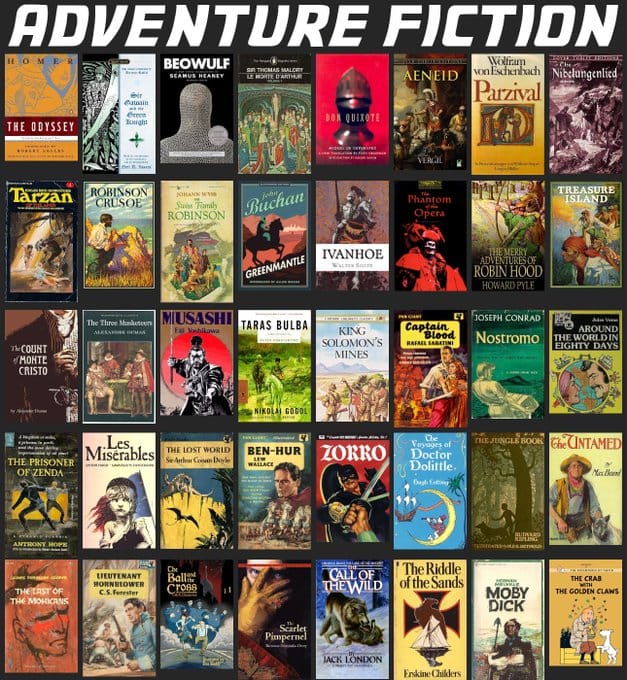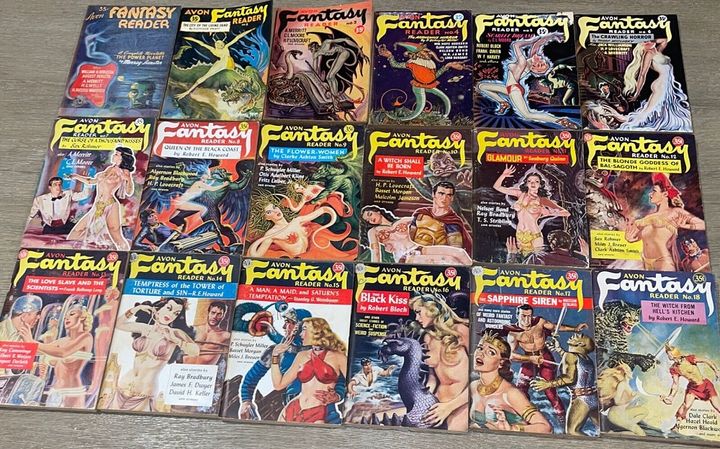Orson Scott Card on Tolkien and Joyce
Bruce Charlton excerpted a good essay by Card on his blog. I'm pretty sure I read Card's essay before, but it is worth reading again.
So the "canon" consisted of books that readers, critics, and writers came to love and respect and pass from hand to hand. Professors didn't tell you that you had to read Dickens -- you simply had to in order to be part of the culture of your time, rather the way that if you haven't read any Harry Potter books you're viewed with pity by anybody who actually reads for pleasure
...
The result was pretentious twaddle like James Joyce's Ulysses, which can only be understood with the magic decoder ring which Joyce thoughtfully provided to friends, and which they passed on to the professors.
By declaring Ulysses to be the greatest work of literature of the 20th century, academics attempted to guarantee their continuing employment. If you can't be an educated person without reading and pretending to understand, care about, and admire Ulysses, then you must obviously take college classes from English professors.
But the whole scheme has backfired, because when we finish learning how to read and understand Ulysses, most of us realize that it's twaddle. Whatever insights into the human condition James Joyce had to offer were trivial compared to the labor of receiving them.
...
So while academics and critics (people who live by impressing others with their erudition and elitism) almost universally declare Ulysses to be the greatest work of the 20th century, volunteer readers - people who love literature for the joy of it - repeatedly declare that The Lord of the Rings is the greatest work.
Some of us think that only William Shakespeare and Jane Austen rival J.R.R. Tolkien for brilliance of talent and magnitude of achievement.
Card has good things to say about how literary canons are formed, and the value of popular literature. I have myself contrasted the Lord of the Rings with Ulysses. I used to read Card's blog pretty regularly, but I haven't in many years. It is good to revisit such a gem, and recall why I have enjoyed Card's books.



Comments ()